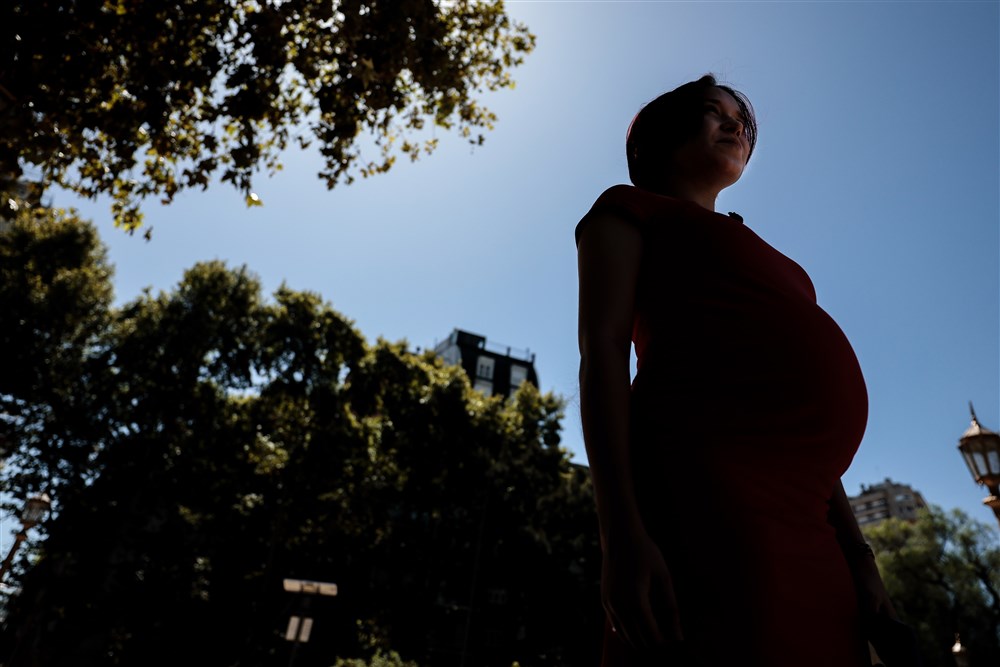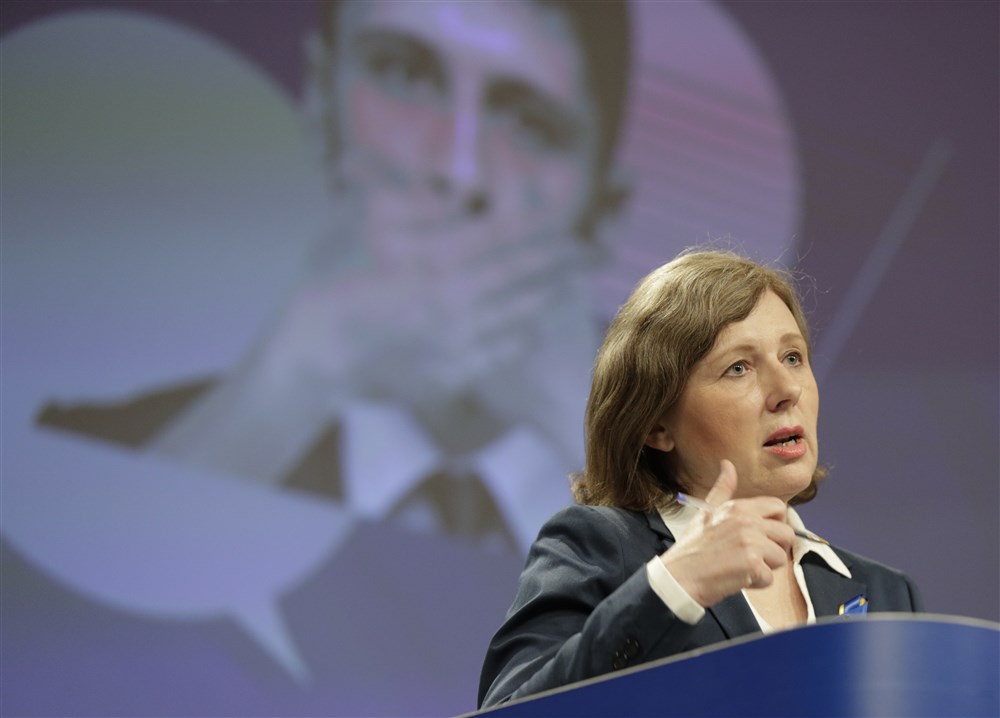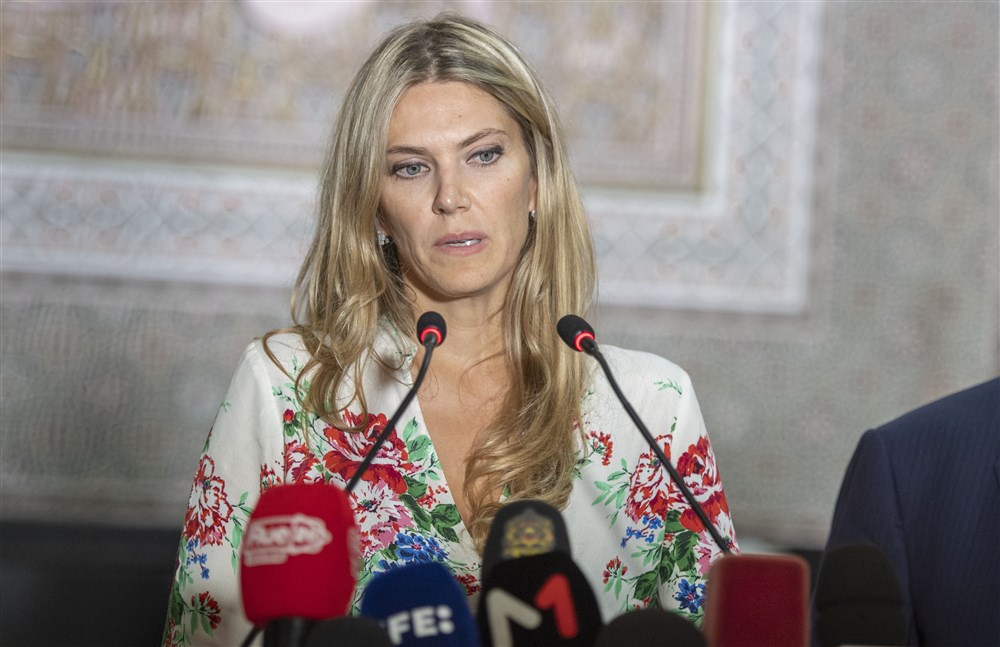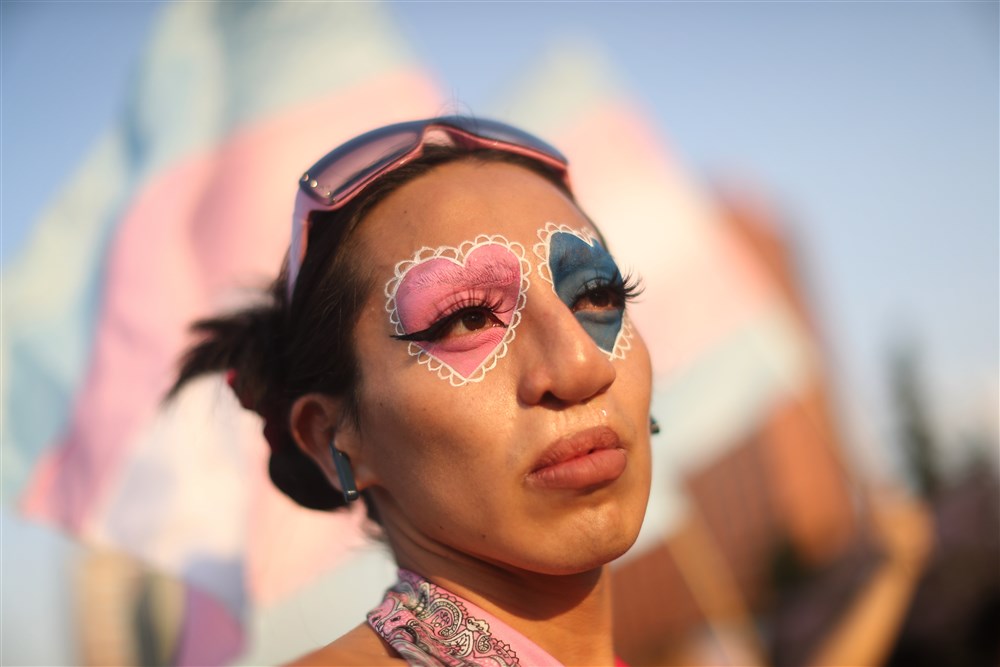The EU is failing to quell the surge in Islamic extremism on the other side of its shores in Libya, as Libyan authorities have started a campaign to persecute Christian minorities. The war-torn country, afflicted by militia warfare and tribal conflict since the ousting of Muammar Gaddafi in 2011, has seen a surge in Islamic extremism, with groups like Daesh, Al-Qaeda, and Ansa al-Sharia, as well as the Muslim Brotherhood, holding increasing sway.
At the beginning of April, Libya’s Internal Security Agency (ISA) started a campaign in Tripoli to arrest Libyan citizens and foreigners for apostasy from Islam and proselytisation of Christianity, the Catholic News Agency has reported.
A member of the Supreme Council of State and the Political Dialogue Committee in Libya, Salem Musa Madi, claimed on his Facebook page that his son Sifaw had been abducted in Tripoli on March 26. On April 6, he reported that he was charged with converting to Christianity by the ISA.
Preaching Christianity, an accusation with an increasingly widened definition, is considered a crime, as apostasy is a sin in Islam. Open Doors reports that 0.5 per cent of Libya’s population are Christian, a number that continues to diminish as crackdowns on preaching and conversions becomes more stringent.
The Tripoli government is the government in Libya recognised by the international community and supported by the European Union, despite its failure to control much of the country’s territory. National governments in the EU, however, support rival factions in Libya. Georgia Meloni’s Italian government signed an €8 billion gas deal in Tripoli in January, backed by Brussels. France, on the other side, supports the rival government of general Khalifa Haftar in Libya’s eastern side of the country, who claims to be fighting Islamists.
The ISA in Tripoli released a video of six Libyans, and a Pakistani and two Americans with their faces covered where they confess to committing these alleged crimes. The American citizens taught English at the Gateway International School in a Tripoli suburb. The school was accused of being a secret centre for preaching Christianity and converting Muslims to the religion.
“The Libyan people are proud to belong to their religion and consider it the solid foundation of their unifying national identity and regard any violation or abuse of it as a hostile act that threatens national security and seek[s] to sow discord and disunity among its people and those who comprise it,” the ISA stated in a press release. It added that it intends to increase its surveillance of Christian communities: “[The Agency] is keen to monitor suspicious activities and appeals that threaten the Islamic identity of our society, including the crime of apostasy and incitement to it.” The Agency argued that attacking Islam is a form of “extremism and terrorism.”





